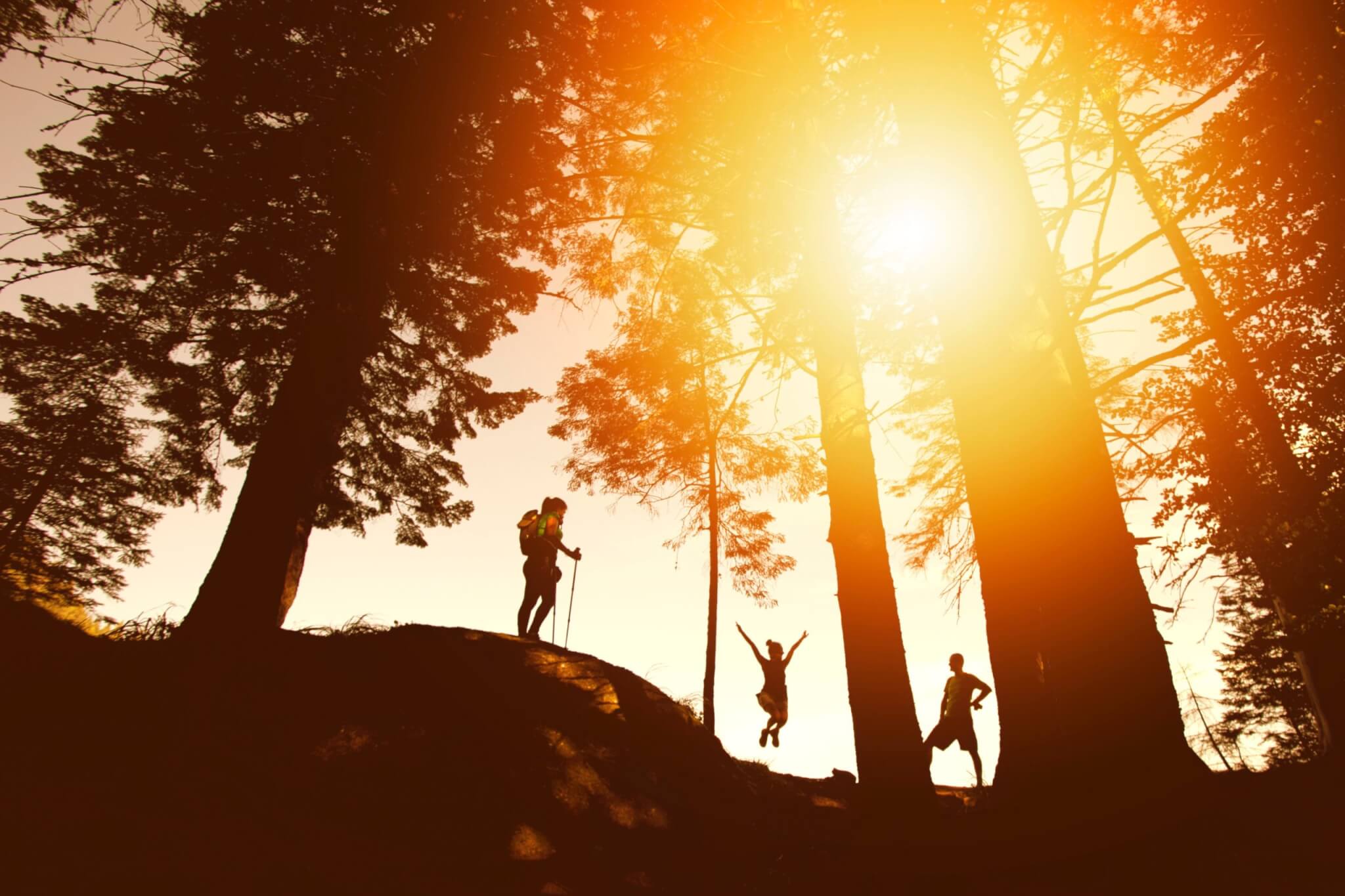Is Ecotherapy Beneficial When Working With Youth?
The idea that youth need to spend more time outdoors isn’t new, they’ve been hearing it for decades. Technology is increasingly integrated into the everyday functioning of our society, making it more important than ever for youth to unplug from the digital world and plug into the natural world. Canadian guidelines suggest that youth between 5–17-years-old should get at minimum 60 minutes of outdoor activity per day, but according to a recent study by Statistics Canada, only 9% of Canadian youth are meeting that requirement. Technology’s growing presence and the popularity of cell phones are thought to be large contributors to this dynamic. According to Pew Research Center’s study on youth cell phone use, 72% of youth say they check for messages or notifications as soon as they wake up, 57% feel they have to respond to messages immediately, and 56% of youth associate the absence of their cell phone with either loneliness, being upset, or feeling anxious.
Youth who have an emotional investment in social media often have trouble relaxing and disengaging at bedtime, and as a result suffer from poorer sleep quality. Additionally, youth who are more emotionally-invested in social media have an increased risk of anxiety and depression due to the feelings of distress and isolation experienced when they are away from their phones. When working with youth who are experiencing mental health issues or showing signs of an emotional investment in their phone, using ecotherapeutic techniques can have a positive impact. Spending time in nature can be beneficial for youth experiencing a variety of issues, such as depression, anxiety, stress, and interpersonal difficulties.
In general, our personal wellbeing is enhanced when we increase our time with nature in some capacity, whether outside or indoors with potted plants.
We are biologically programmed to seek a connection with nature, and it has a positive impact on the development of our emotional, cognitive, social, and spiritual wellbeing. It also enhances our imagination, communication, and social engagement, and generally improves our mental health.
Youth are more likely to enjoy sessions where they leave indoor spaces for the outdoors. They’re also more likely to discuss difficult emotions and concerns. Being outdoors can reduce boredom, and take distractions like cell phones and computers out of the picture. It is important to note that holding sessions outdoors requires paying attention to certain unique considerations, such as getting consent from youth and their guardians. Informed consent is necessary to protect confidentiality in the outdoor environment if other adults or youth approach. Additionally, sessions should not be conducted within hearing distance of others outside.
Ecotherapy does not have to be conducted outside in order for it to be beneficial. Youth workers can utilize various in-session nature-based approaches and techniques that incorporate some form of physical, sensory, and/or experiential engagement with nature, without physically being outdoors. The youth worker can have the youth engage with nature within the session through imagery and/or between sessions with nature-based homework exercises. Additionally, ecotherapy can also easily be integrated with other psychotherapeutic modalities, such as art therapy (where youth are given the opportunity to create art with the use of natural items) or mindfulness and/or meditation exercises (where youth take note of nature’s specific elements through their senses, while they are outside).
Nature’s restoring and healing properties are right outside our office’s front doors, just waiting to be utilized and enjoyed. Youth workers who are not already using ecotherapy should think about using these techniques and practices when working with young people.

